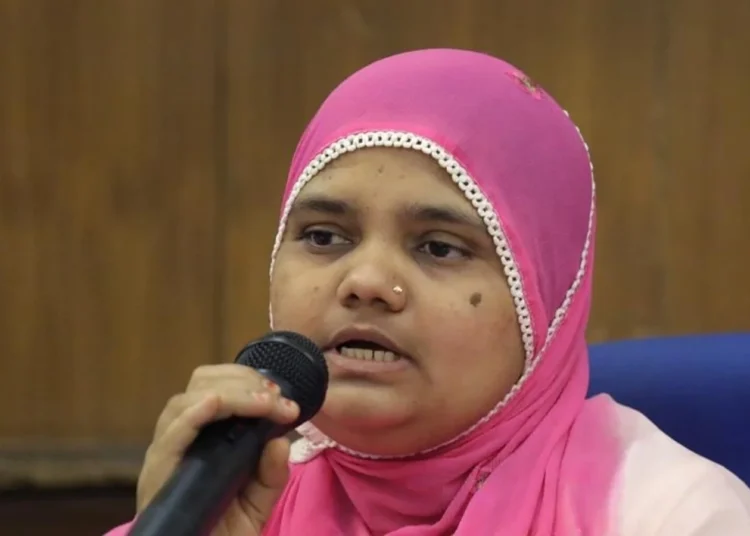Three of the 11 convicts involved in the gangrape of Bilkis Bano and the murder of seven of her family members during the 2002 Gujarat riots have moved the Supreme Court, requesting more time to surrender before jail authorities. The convicts have cited reasons such as ‘ill health’, ‘harvest of winter crops’, and ‘son’s marriage’ for seeking an extension of time.
The matter of extension of time to surrender was mentioned before a bench of Justices B V Nagarathana and Sanjay Karol on Thursday, and the court directed the Registry to place the plea before the Chief Justice of India (CJI).
Last week, the Supreme Court quashed the Gujarat government’s decision, made in August 2022, to prematurely release the 11 convicts who were facing life terms. The court ordered all the convicts, who were released prematurely on Independence Day in 2022, to return to jail within two weeks.
In its 251-page judgment, the Supreme Court stated that the Gujarat government had no jurisdiction to entertain applications for the remission of sentences. It clarified that only the government of the state where the offenders were sentenced was competent to consider an application for remission and pass an order.
The case involves the gangrape of Bilkis Bano and the murder of seven of her family members during the 2002 Gujarat riots. The only eyewitness in the case, who was seven years old at the time of the incident, has emphasized that the convicts must either be hanged or jailed for the remainder of their lives for justice to be served.
The eyewitness, now 28 years old, spoke about the trauma of witnessing his loved ones being killed in front of his eyes during the 2002 Gujarat riots. Despite the passage of time, the haunting memories still affect him, leading him to assert that the convicts should never be set free again.
The eyewitness spent time in a relief camp in Godhra after the incident and was later shifted to a residential school in Kutch. An activist became his guardian and brought him up. Now, as the convicts seek an extension to surrender, the survivor insists that true justice will only be served if the perpetrators are either hanged or imprisoned for life.
The Bilkis Bano case has been a symbol of seeking justice for the victims of the 2002 Gujarat riots. The recent Supreme Court decision to quash the premature release of the convicts reaffirms the importance of following due legal process in such cases and ensuring that justice is not compromised. The survivor and witnesses continue to advocate for stringent punishment to hold the perpetrators accountable for their actions during those dark days in Gujarat’s history.













